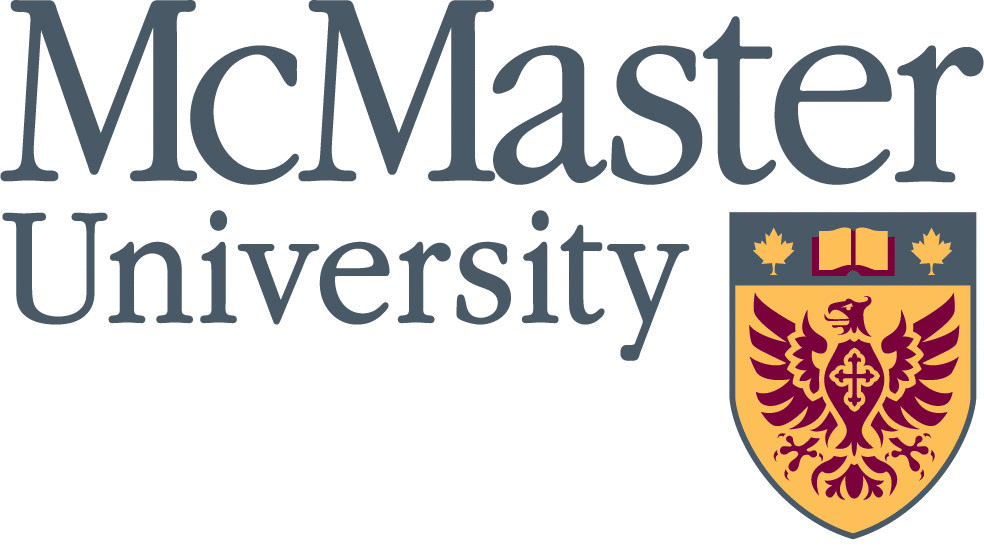Although we no longer use discs to transfer information from computer to computer, it is still important to protect our computers from viruses. Phishing scams and other types of internet fraud have been much in the news lately, but computer viruses and other types of malware are still around and can cause significant damage to your computer.
There are many antivirus programs available, at a range of prices. One economical option to consider is Trend Micro, which is available to McMaster retirees from the McMaster Campus Store's Computer Centre for $13.50 per year. Please note that, unlike staff, faculty and students, retirees cannot download Trend Micro from the Campus Store web site. Retirees need to visit the store to get a copy of the software.
More info:
Other types of antivirus protection may be available through your email provider (e.g. Cogeco) or by online purchase (e.g. Bitdefender).
Phishing is an email fraud method in which the perpetrator sends out legitimate-looking email in an attempt to gather personal and financial information from recipients. Typically, the messages appear to come from well-known and trustworthy web sites.
A computer virus is a piece of code that is capable of copying itself. A virus might corrupt or delete data on your computer, use your email program to spread itself to other computers, or even erase everything on your hard disk. Computer viruses are often spread by attachments in email messages.
Malware is an umbrella term used to refer to a variety of forms of hostile or intrusive software, including computer viruses, worms, trojan horses, ransomware, spyware, adware, scareware, and other malicious programs.
